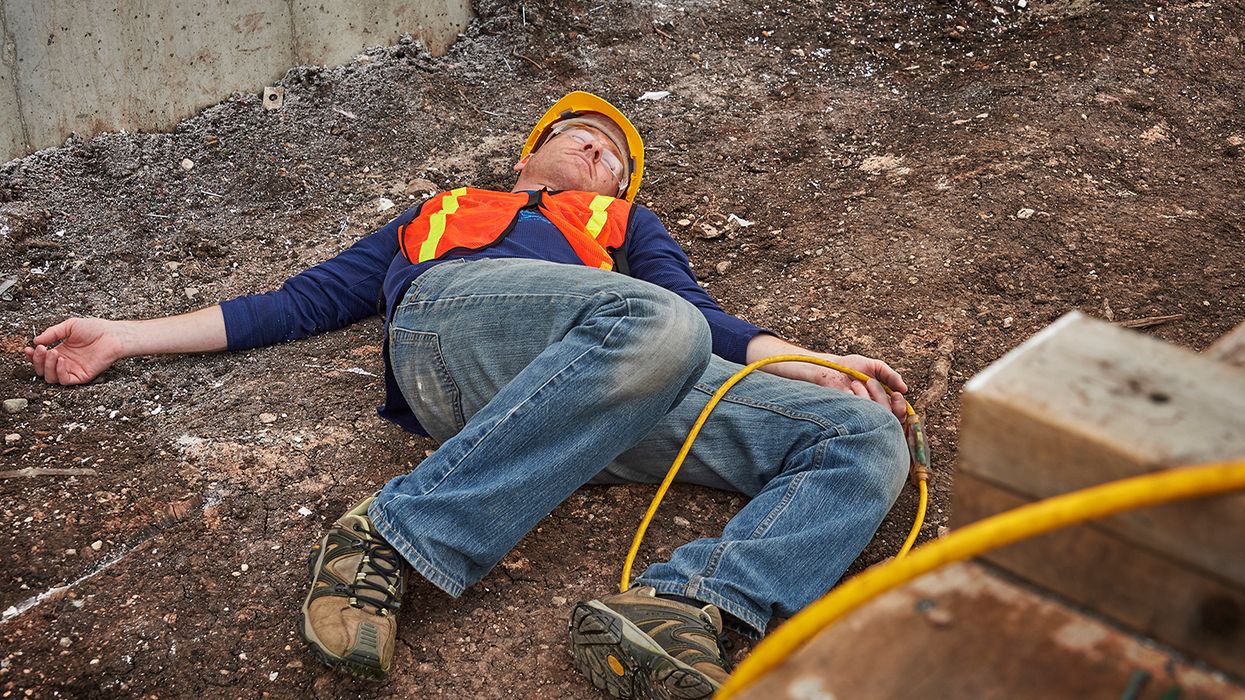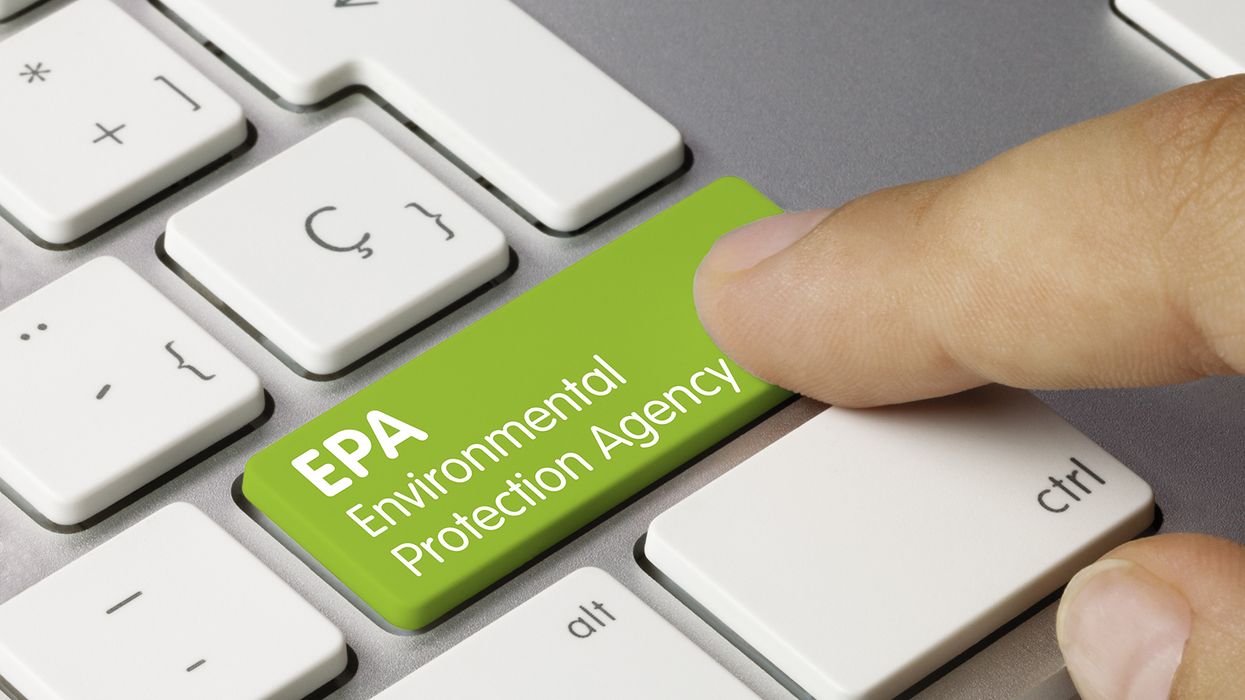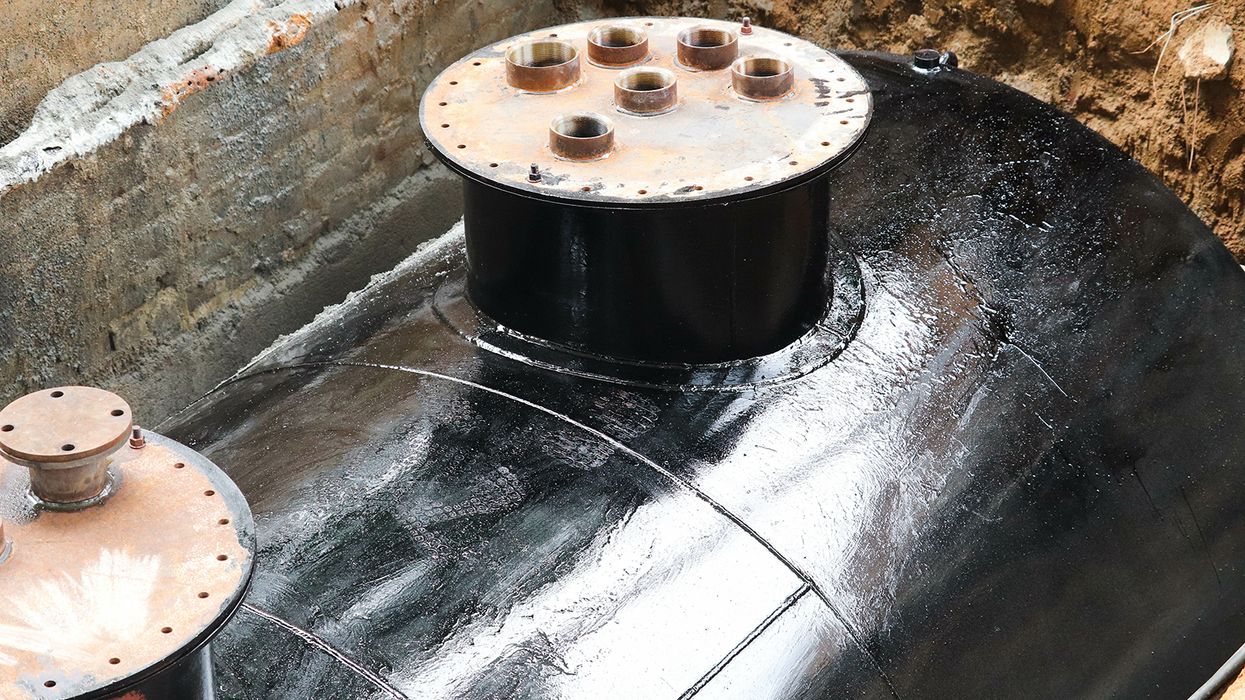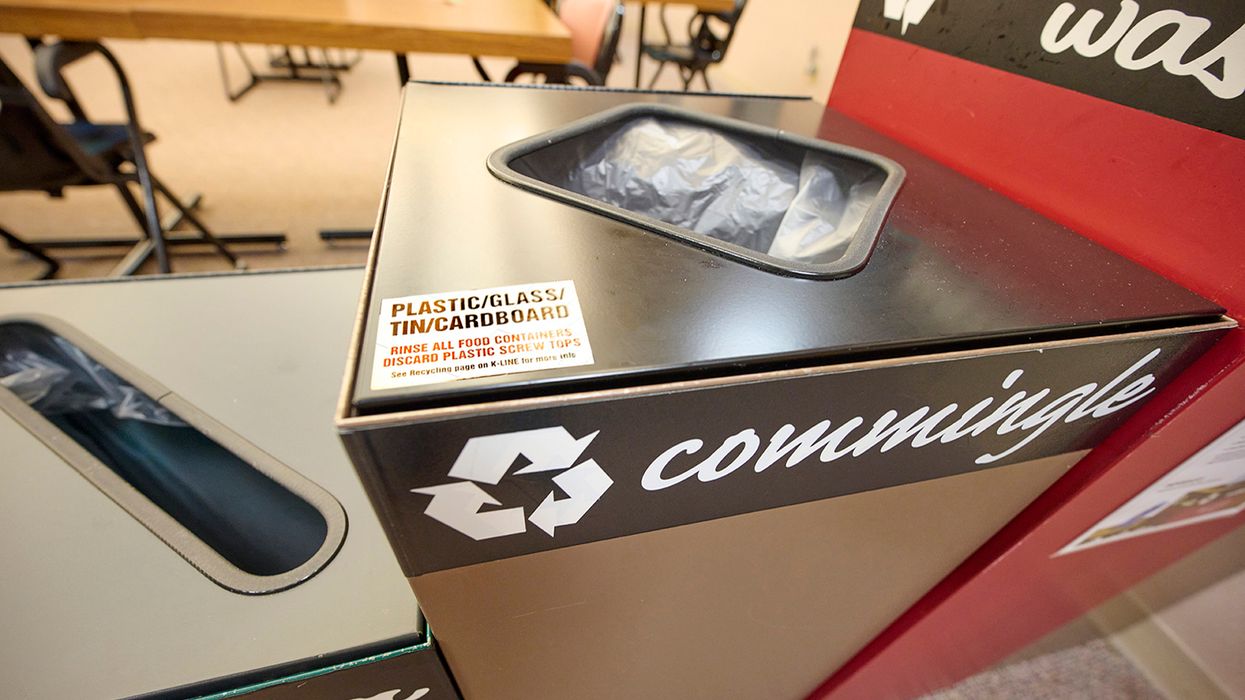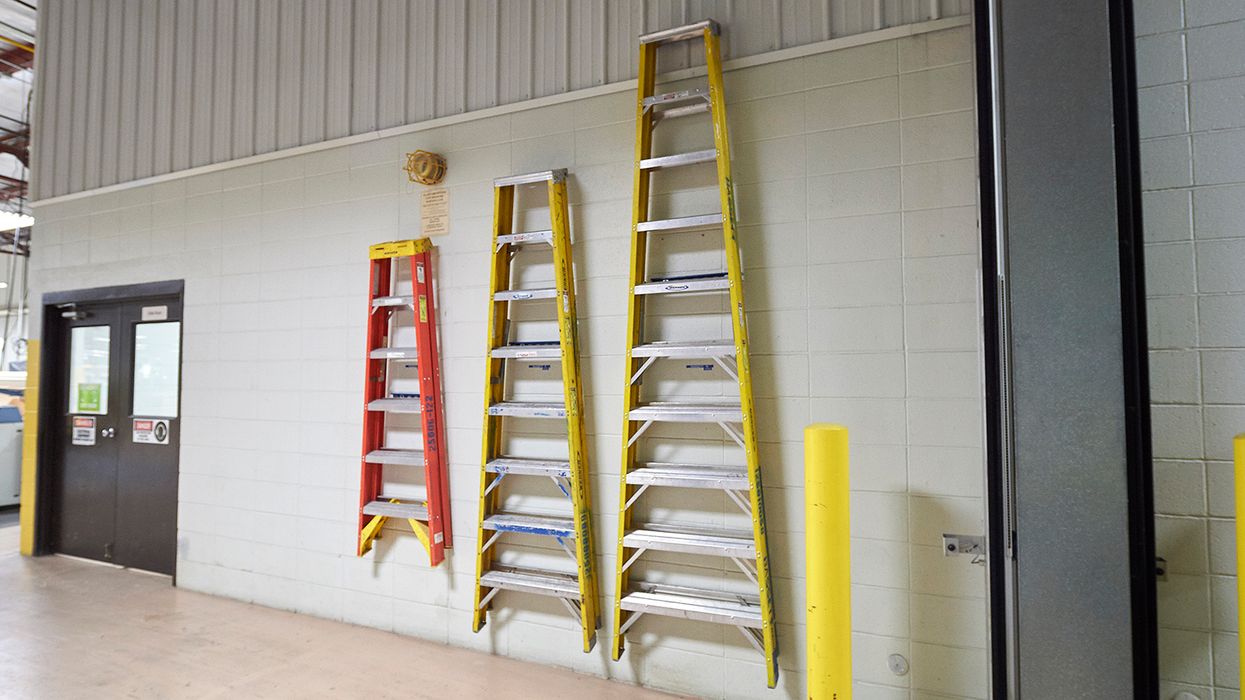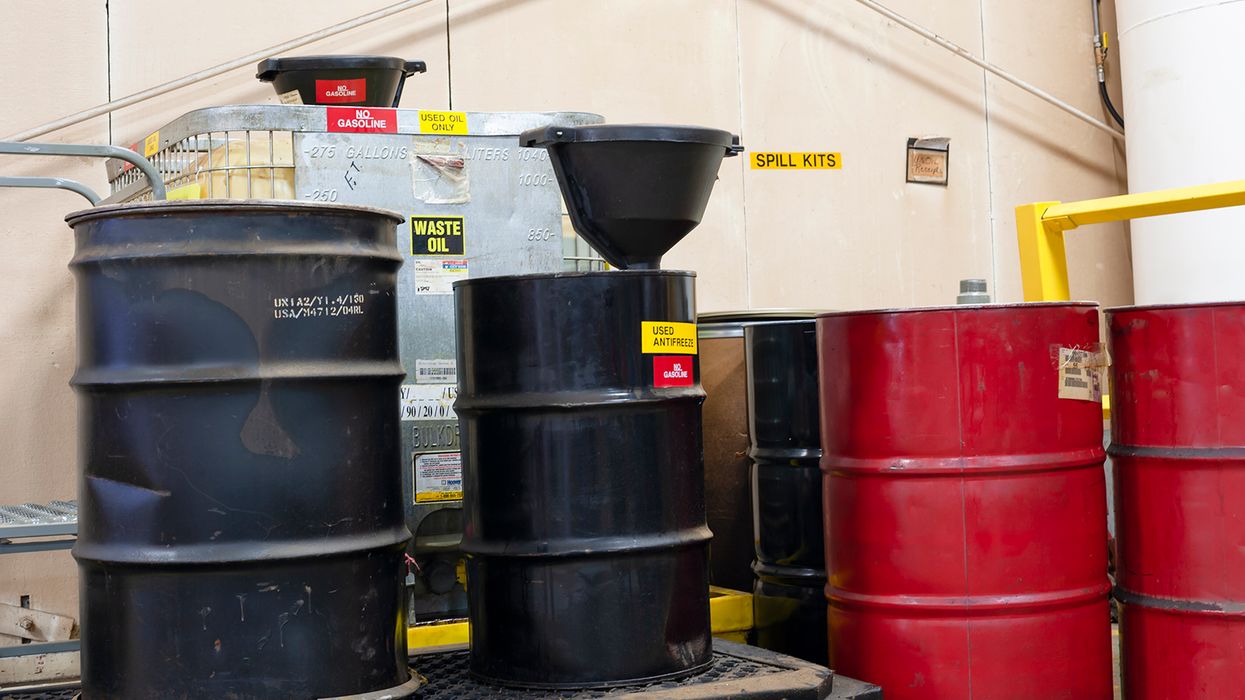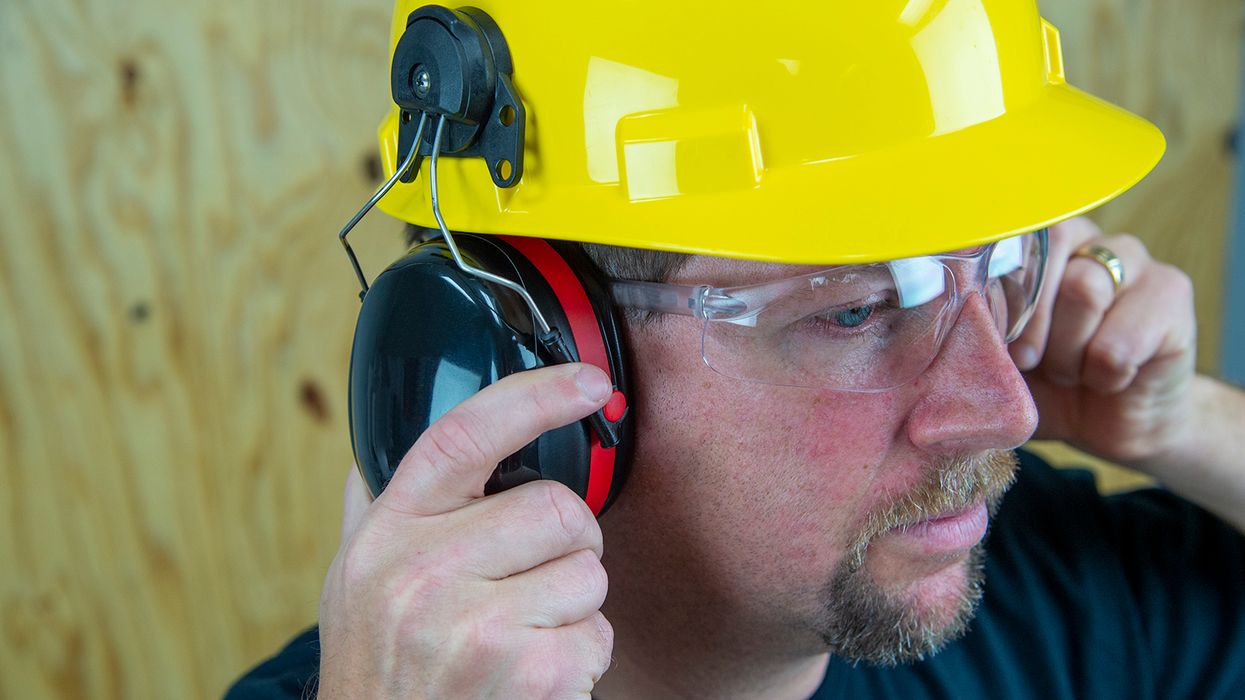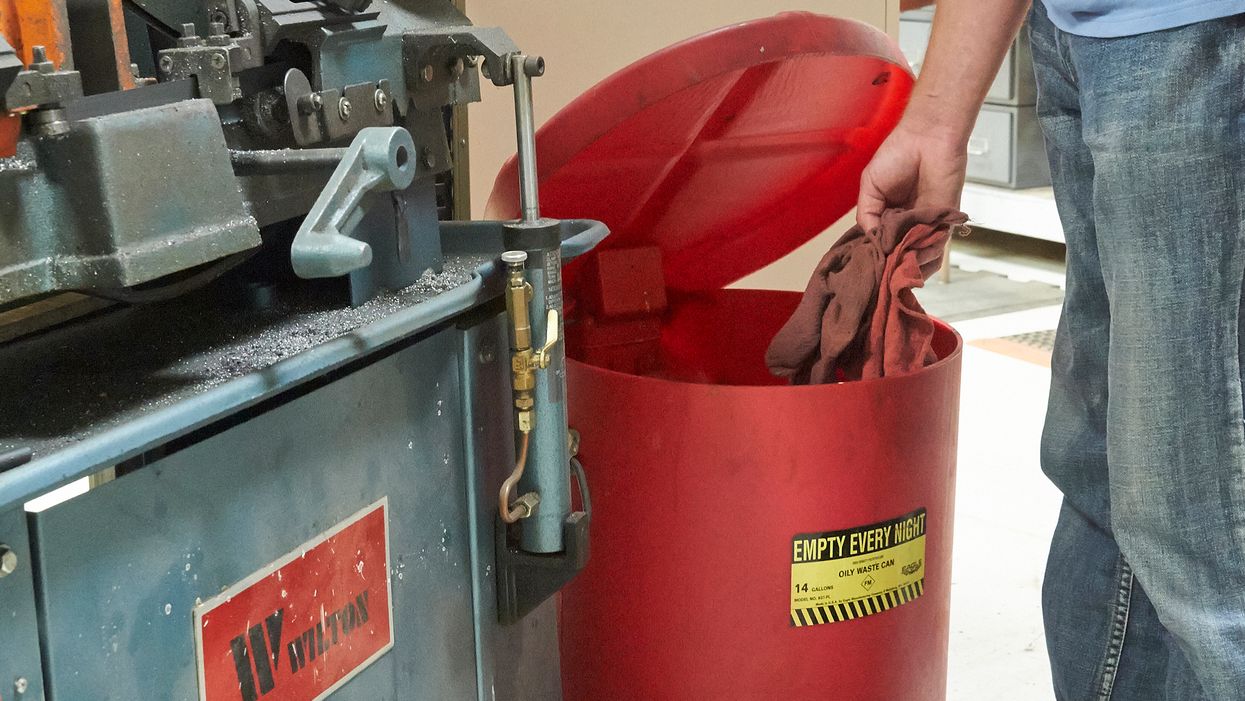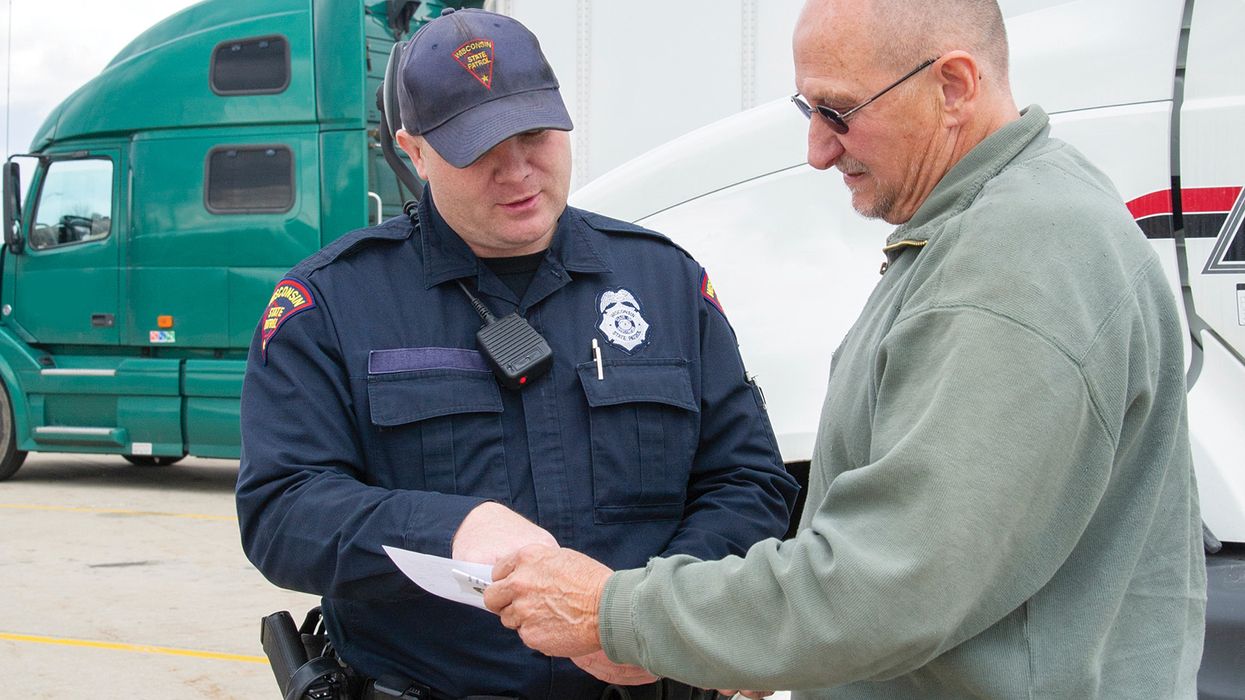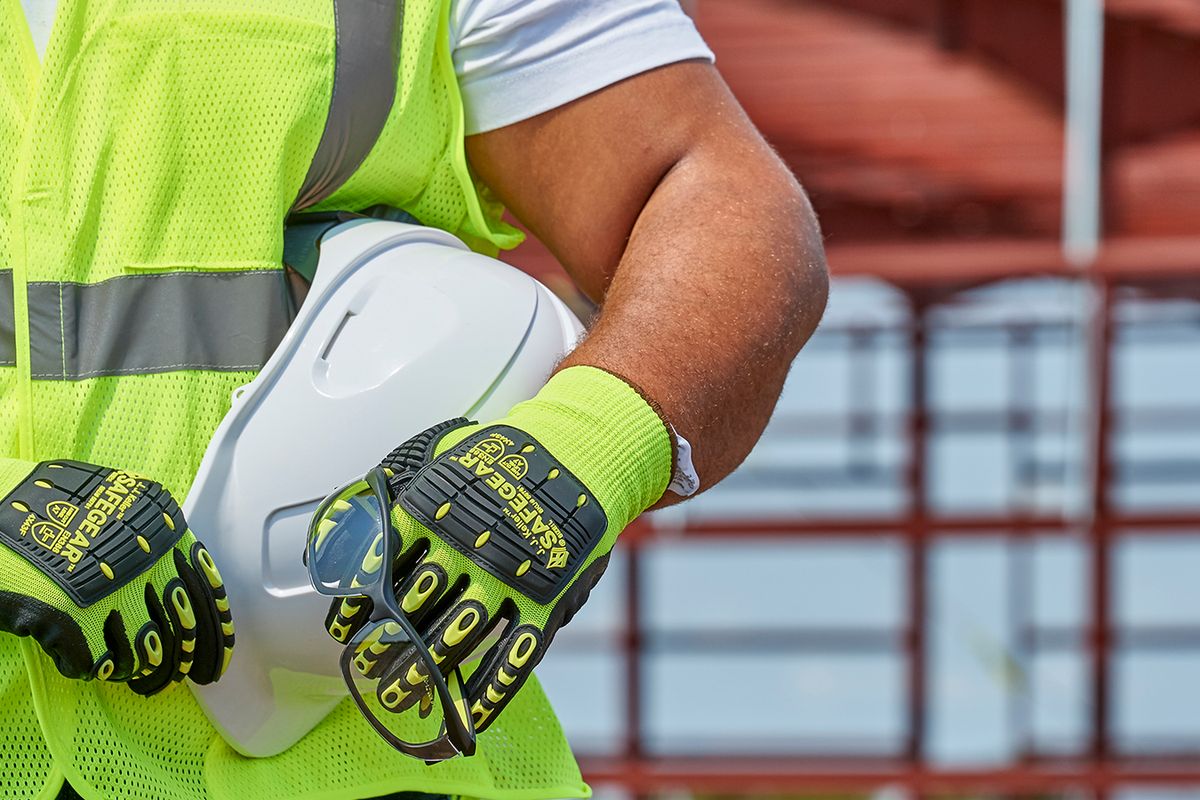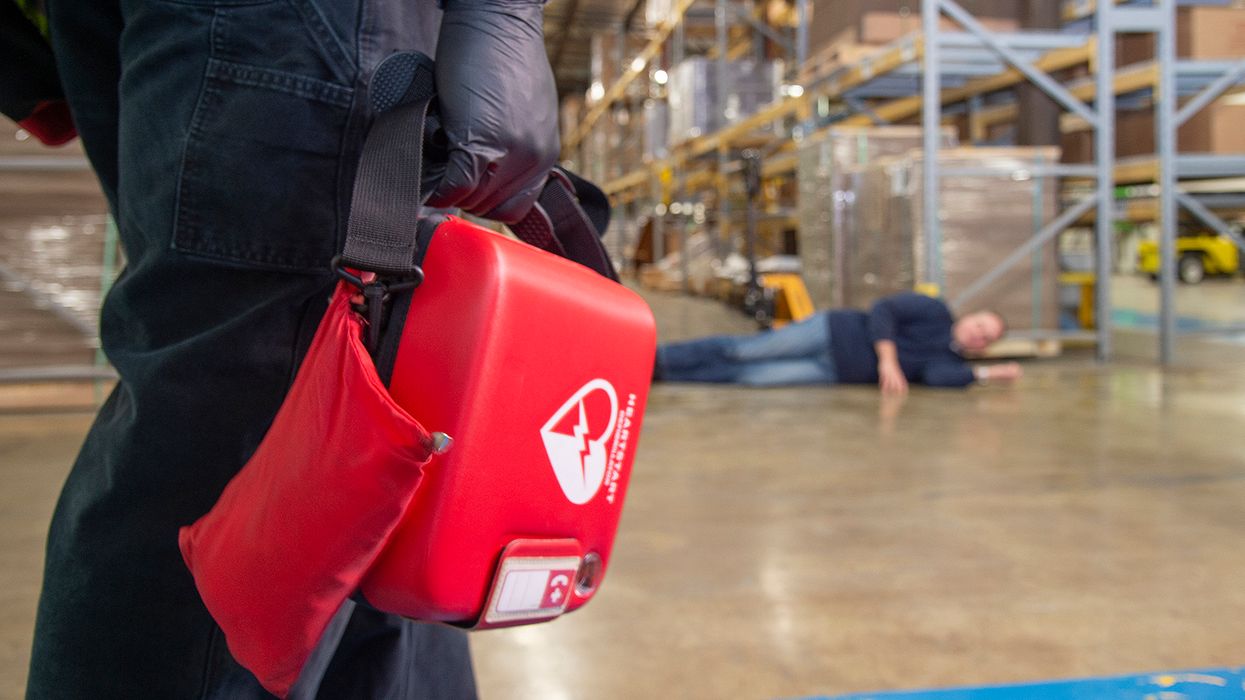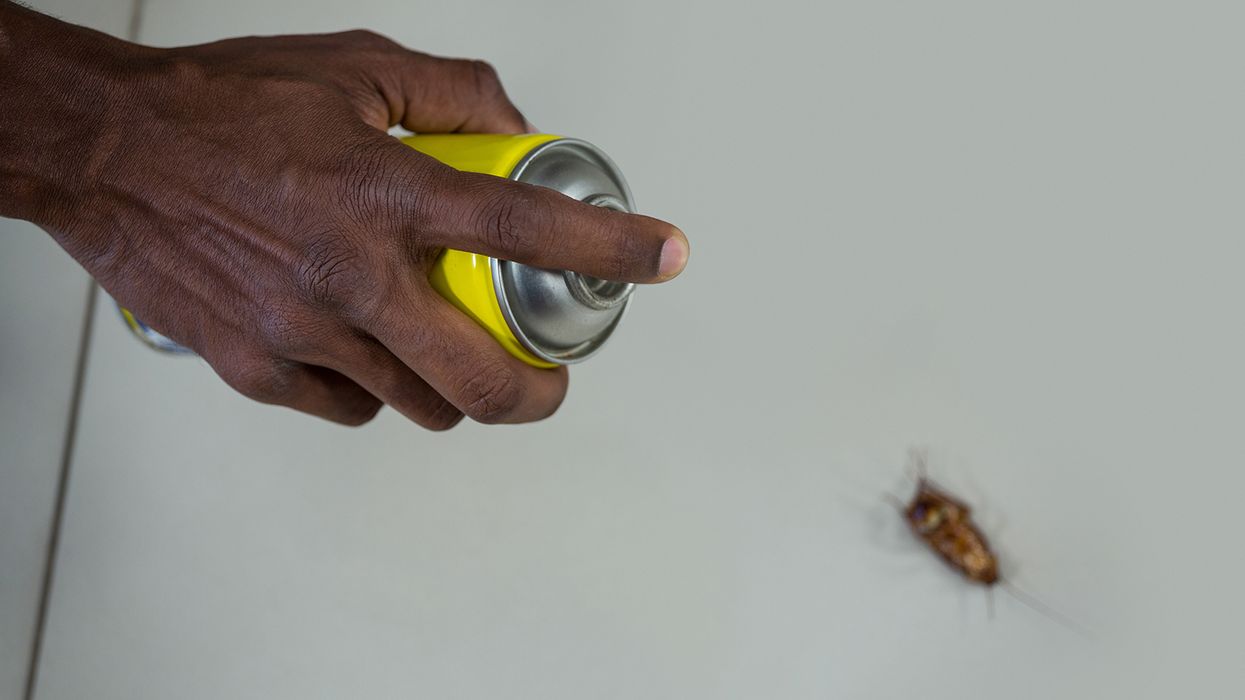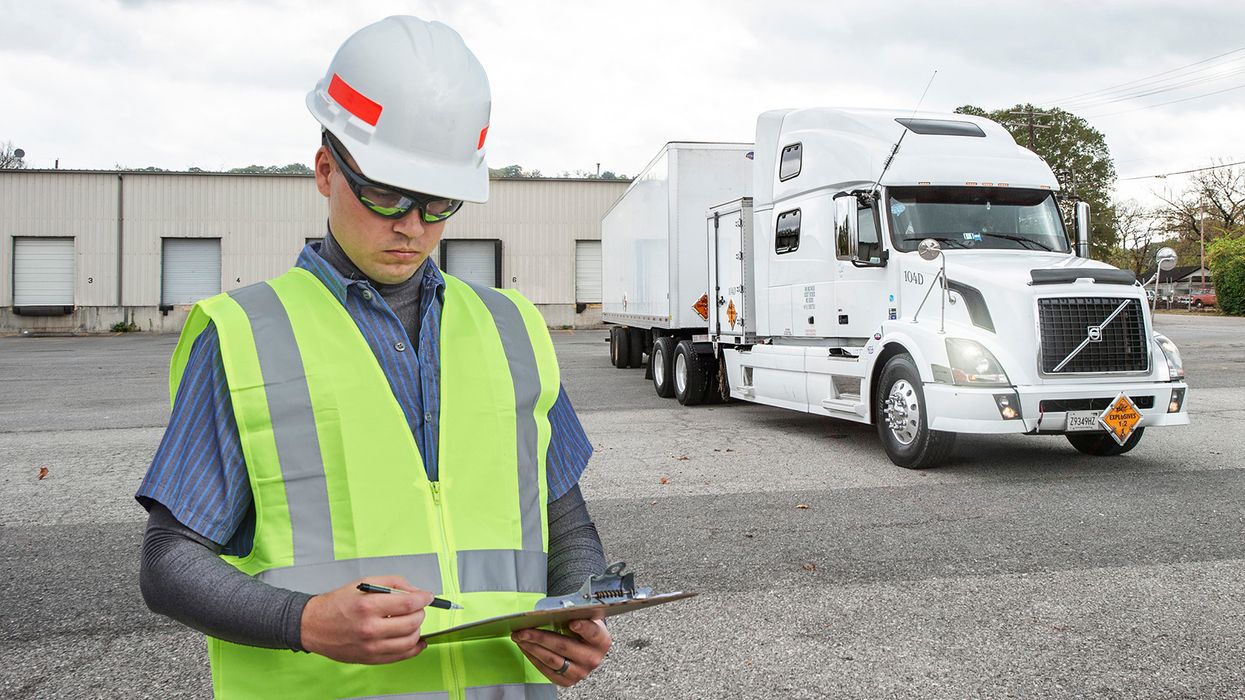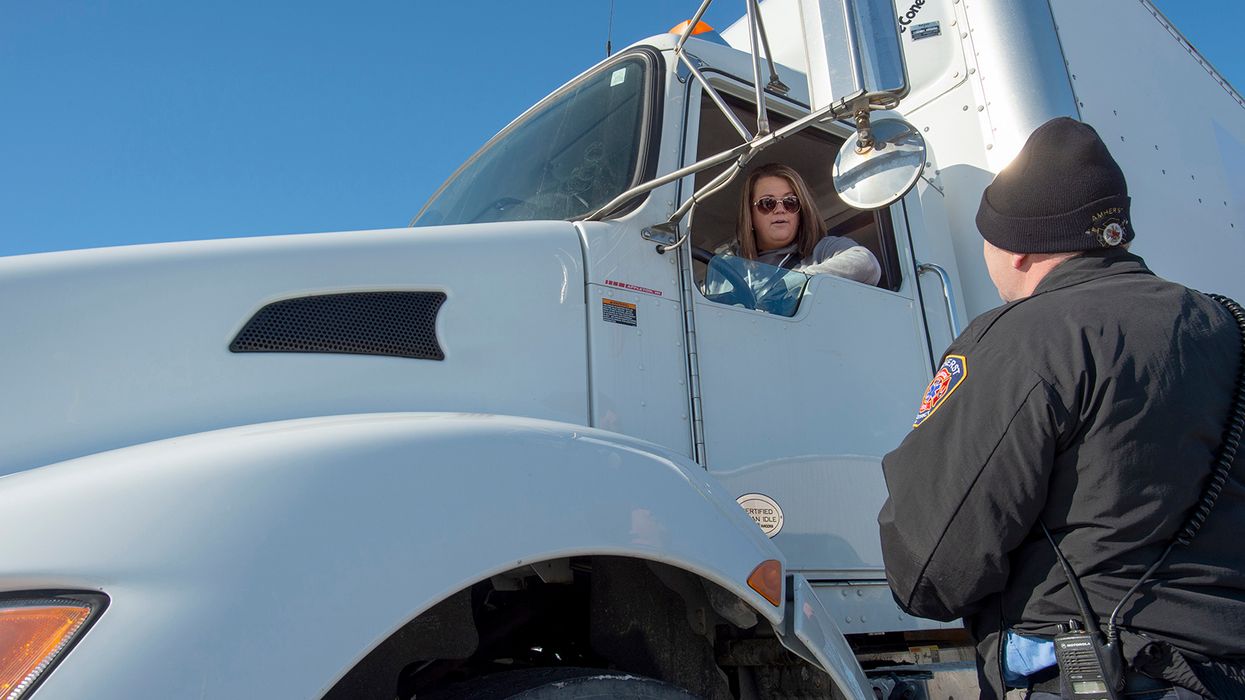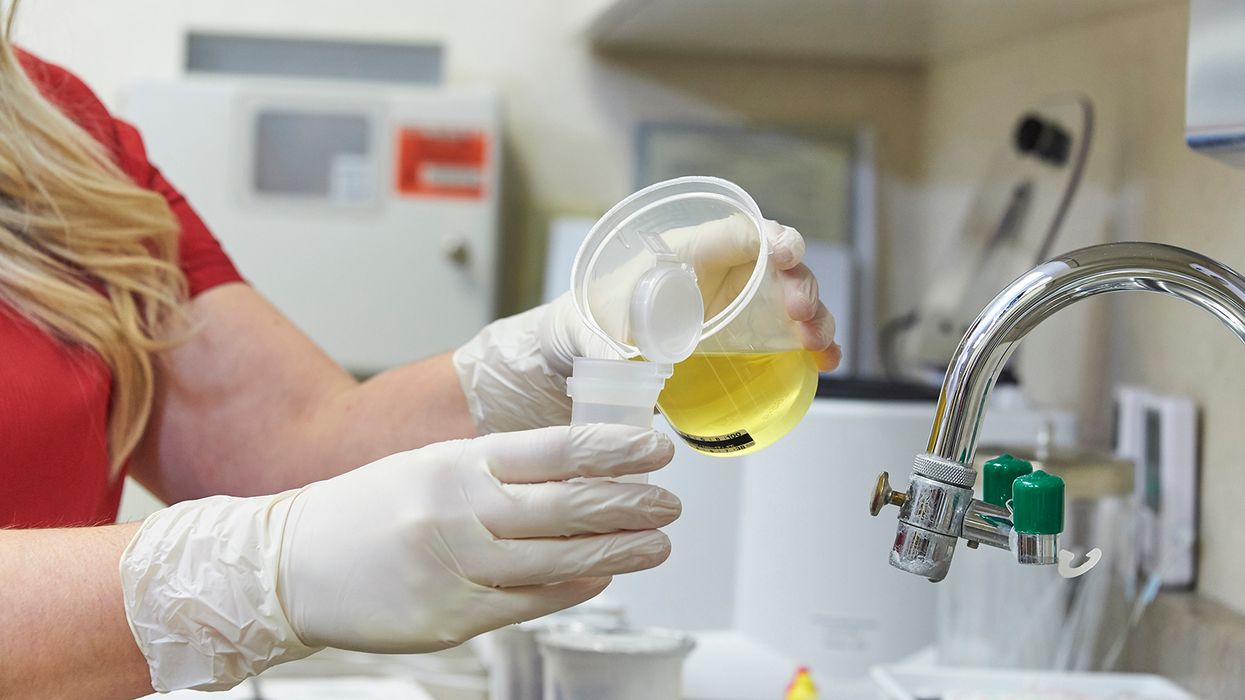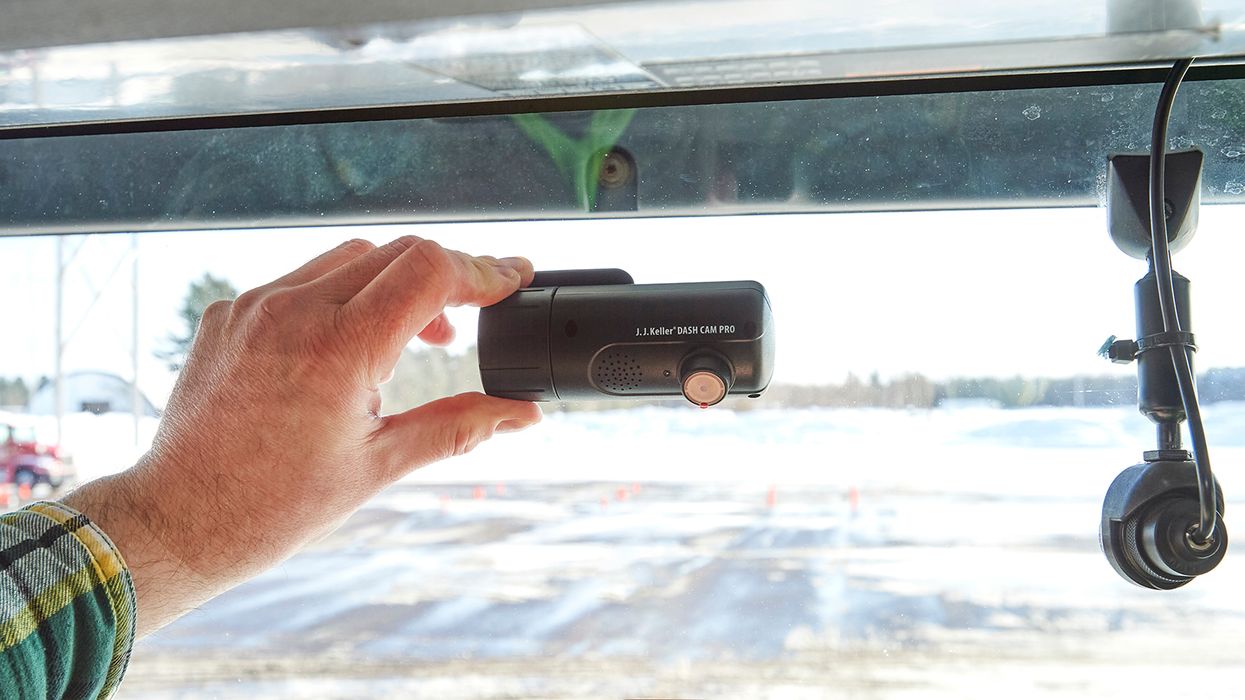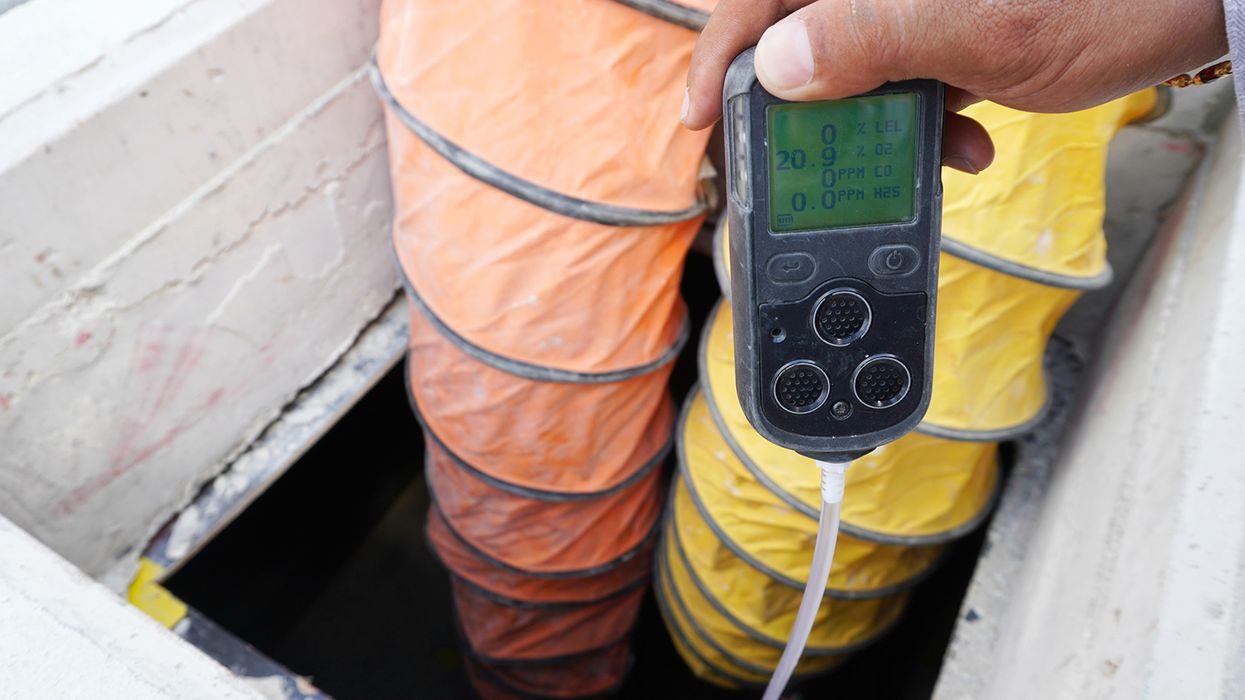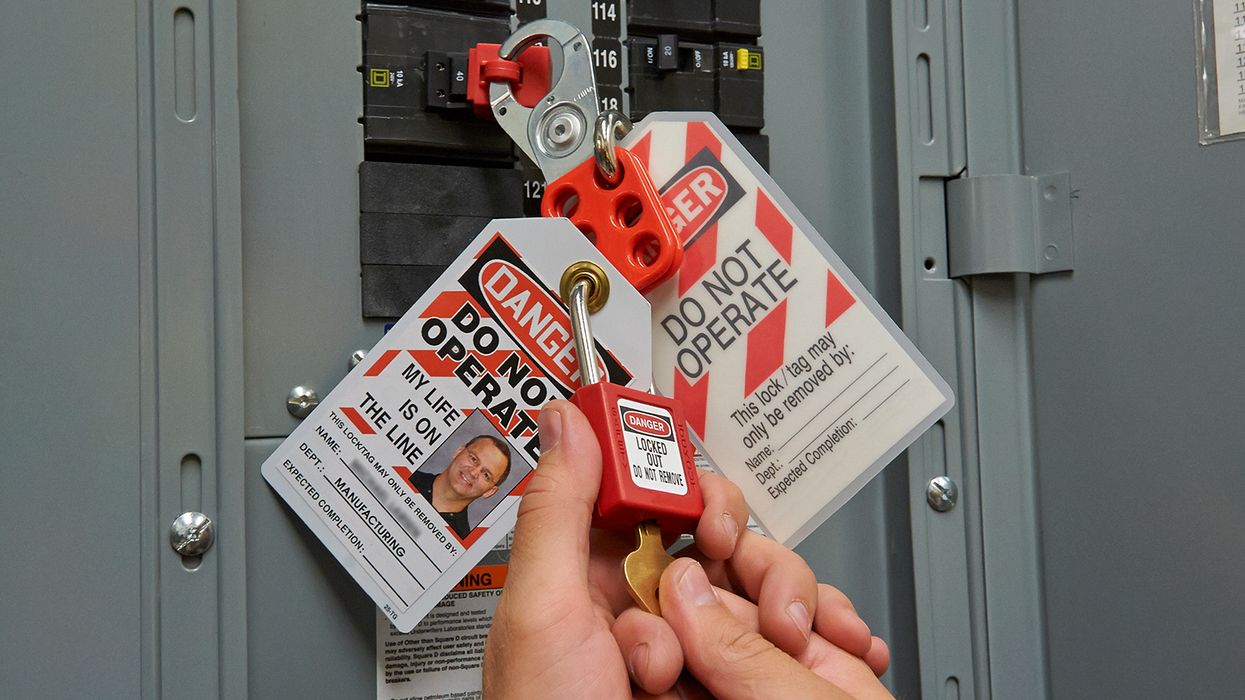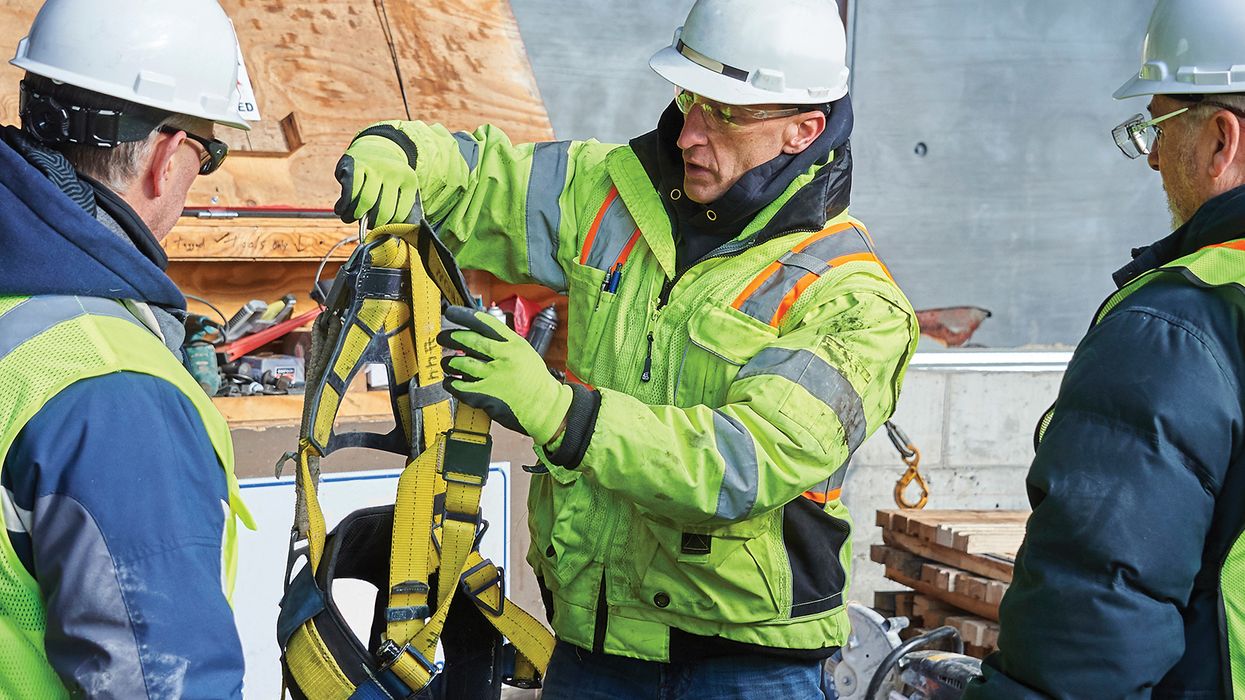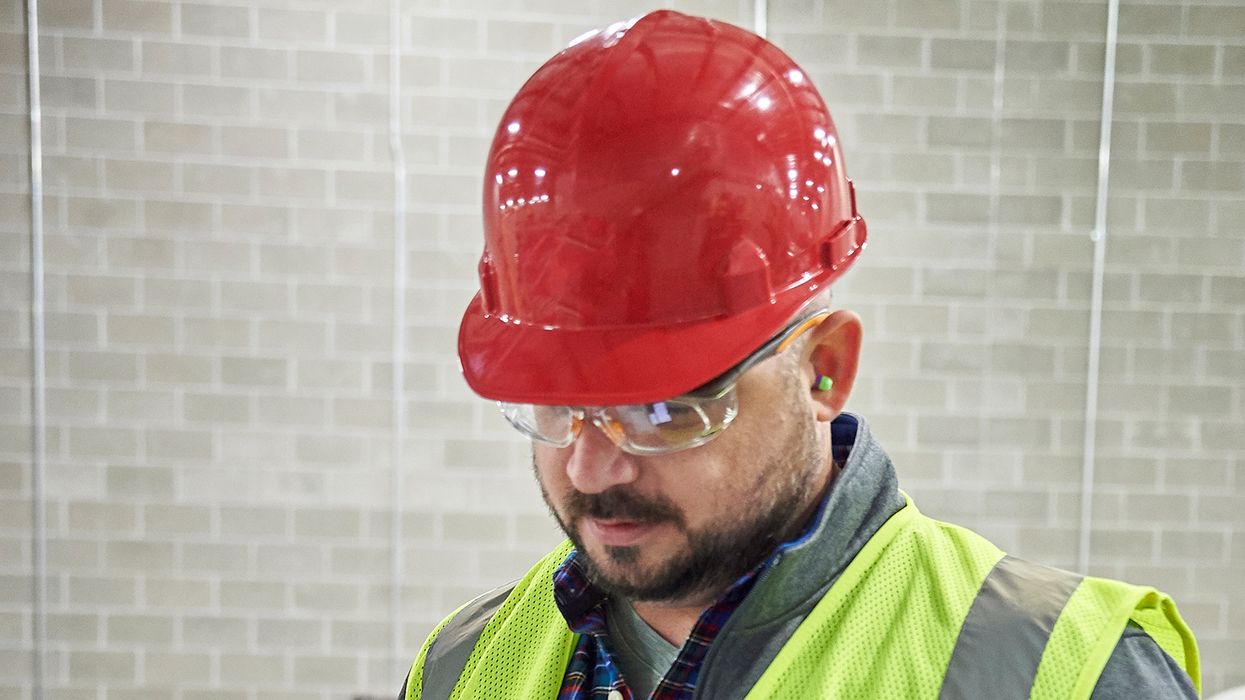Is your workplace drug and alcohol testing policy ready for 2023?
The expansion of legalized marijuana is impacting workplace drug and alcohol testing. Rapidly changing state laws make an annual review of workplace policies a necessity, and the New Year is a great time to tackle this project.
Businesses that aren't required to comply with federal drug testing regulations must follow state laws when they test for drugs and alcohol. These laws may affect an employer's ability to take negative action because of a positive marijuana test result or to test for the drug at all.
Why is marijuana testing controversial?
A positive marijuana test means that the drug has been used sometime in the past month or so. It does not prove that an individual is impaired by drug, however.
Because of this, marijuana laws in several states restrict an employer's ability to use a positive test result alone as the basis to not hire an applicant or take negative action against an employee.
Accommodation considerations
In states with legal medical marijuana, the law may require employers to consider a workplace accommodation for employees and applicants who have a medical marijuana card.
These laws often allow employers to act when an employee is impaired at work because of marijuana use, but may stipulate that a positive test for marijuana alone does not prove impairment.
Because of this, employers should be careful when considering negative action against an employee or applicant with a medical marijuana card who tests positive for marijuana. State law may require an employer to pause and consider whether an accommodation is available.
When considering an accommodation, employers can look to the same methods that are used when accommodations are requested by other protected employees. The nature of the position, the duties involved, and employee and employer suggestions are all taken into account before an employer makes a decision.
Testing restrictions
In a few states where recreational marijuana is legal, testing for the drug is restricted or not allowed:
- New York has the tightest employer restrictions, and doesn't allow testing unless it's required under a state or federal law.
- New Jersey recommends employers use evidence-based protocols for documenting observed behavior and physical signs of impairment, and then use a drug test to verify whether the drug was recently used.
- Nevada restricts pre-employment testing for marijuana, but allows it when an employer deems a position to be safety-sensitive.
Other states, including Montana and Rhode Island, protect off-duty marijuana use or prevent an employer from using a positive test alone to prove impairment. If a test is conducted in these states, there should be documented signs of impairment that form the basis for any negative employment action.
Key to remember: Recreational marijuana is legal in 21 states and medical marijuana is legal in more than 35. To prepare for the New Year, employers should review their drug and alcohol testing policy and make sure it is compliant in all states where testing is conducted.






















